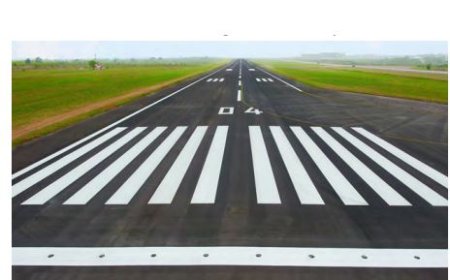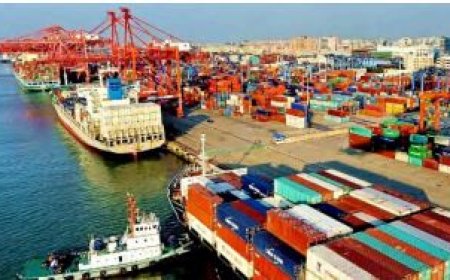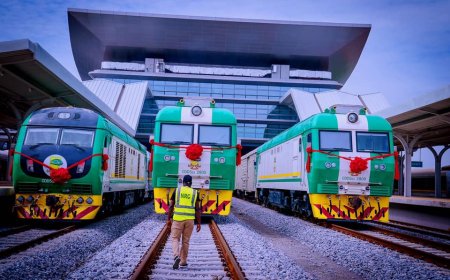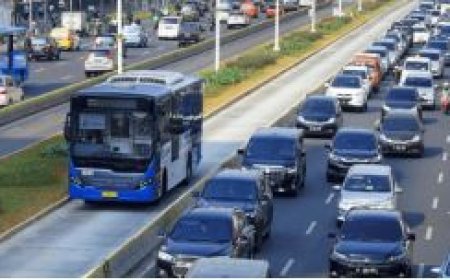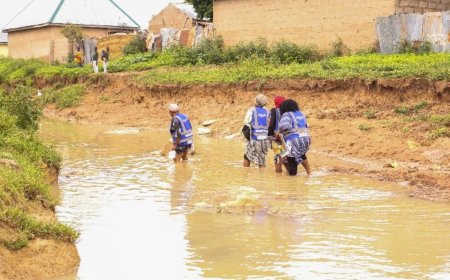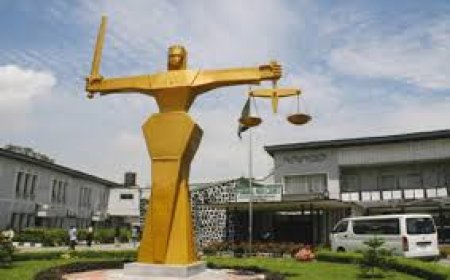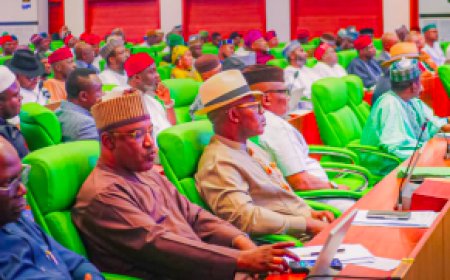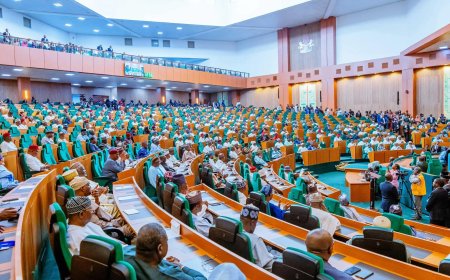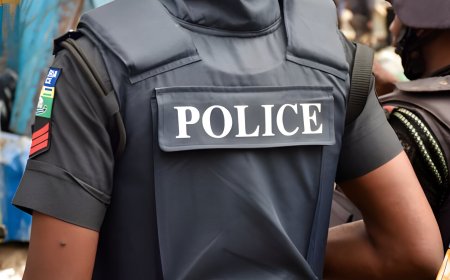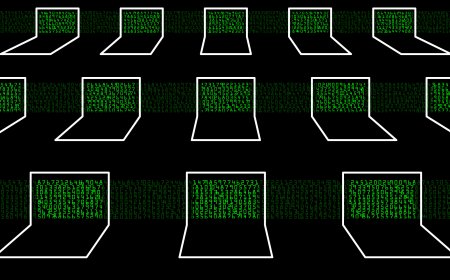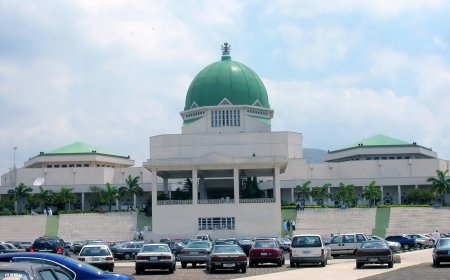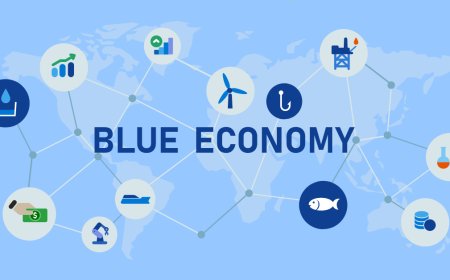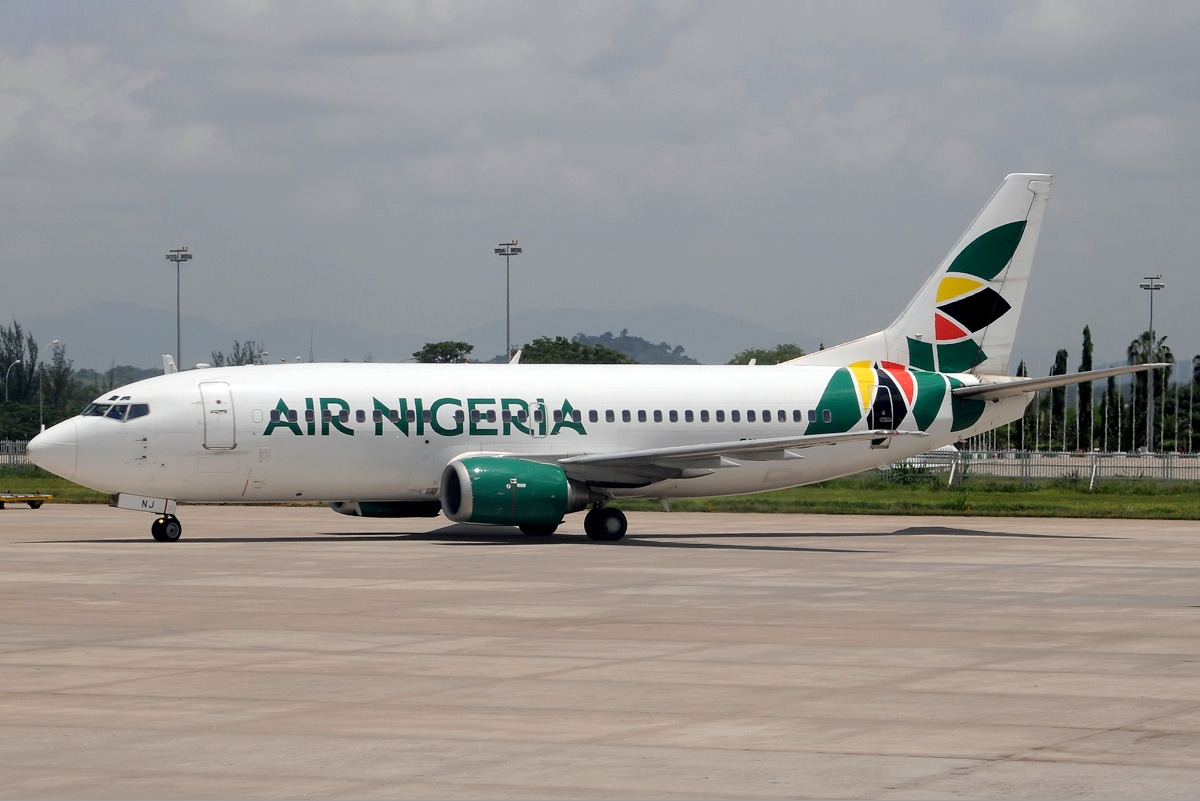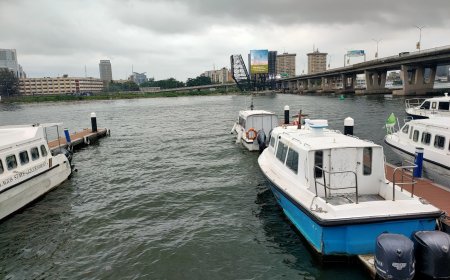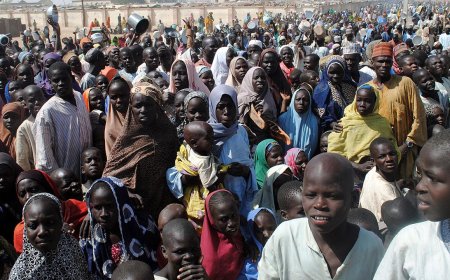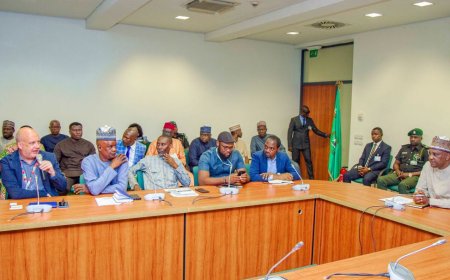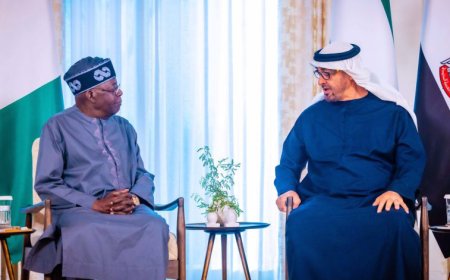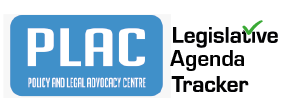Pursuit of Educational Growth and Penetration
Click here to track progress
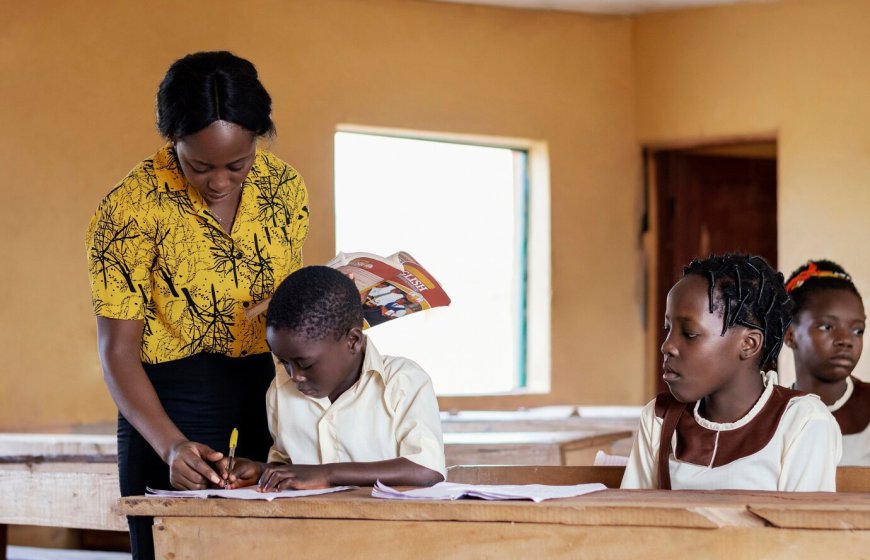
Nigeria’s educational system needs serious revamping. In recent years, the prioritisation of the growth of education
was reduced. The 10th Senate will utilise the legislative instrument of law making and oversight to drive an uptrend in the
growth and development of education in Nigeria. The challenge of education in the country cuts across, from poor attendance in schools, to dropouts and poor quality of education. The Senate will take legislative action to expand the achievement of Universal Basic Education (UBE), promote Almajiri and Technical education in the country, reduce low girl child enrolment in schools and encourage the return of boys to school in certain parts of the country.
Efforts to make the constitutional provision on education a fundamental right will be revisited. Reforming the education sector is a crucial step towards achieving sustainable development and improving the quality of life for all Nigerians.
The Senate will implement some of the following tailored legislative measures:
- Universal Basic Education
a. Amend the Universal Basic Education Commission (UBEC) Act 2004 to increase the share of the Consolidated
Revenue Fund (CRF) allocated to UBEC from 2% to 4%. The goal is to ensure that the allocation to education
meets the recommended benchmark by the United Nations Educational, Scientific and Cultural Organization(UNESCO) of 15-20% share of the total national budget. b. Enact a law that promotes the education of children with special needs, ensuring they have access to quality education in inclusive settings. c. Prioritise resource allocation to basic and secondary institutions and agencies. - Secondary Education
a. Work with the Nigerian Educational Research and. Development Council (NERDC) to support the review and
update of the national curricula to meet global standards and respond to the specific needs of Nigeria.
b. Support the Executive to improve teachers’ remuneration and welfare and attract the best talents.
c. Increase budgetary allocation for school infrastructure, facilities and technology integration. d. Ensure that funds are provided to school safety and security through basic facilities like fencing, gates, lighting, and
communication equipment to provide early and secondary warning to students and security agencies.
e. Ensure robust oversight of the recently established National Senior Secondary Education Commission (NSSEC) to
reposition our Secondary School graduates for global competitiveness and intervene in critical areas such as
infrastructure deficit, human capacity development and instructional materials. - Technical Education
Reforming and modernizing the technical education system is pivotal for equipping students with the skills required to thrive in the modern era and contribute effectively to Nigeria’s economic growth. Existing laws will be amended or introduced if necessary to improve Nigeria’s technical and vocational school system. Some legislative priorities of
the Senate are:
a. Work with the National Business and Technical Examinations Board (NABTEB) to update the technical education curriculum to align with industry needs, ensuring students learn relevant skills. The curriculum will be tailored to address local challenges and opportunities.
b. Ensure the new curricula integrate entrepreneurship modules to enable students to start their ventures.
c. Ensure integration of emerging technologies like artificial intelligence, robotics, and renewable energy into the
curriculum. d. Allocate funds to improve existing infrastructure, recruit qualified instructors, and train existing ones.
e. Provide more funding for the needed infrastructure: modern laboratories, workshops, and equipment.
f. Strengthen and expand TVET programs to equip students with practical skills for the job market.
g. Work with the Executive to amend the Students Loan (Access to Higher Education) Act, 2023, to include the
provision of scholarships and financial aid for students pursuing technical education.
h. Encourage private sector involvement in funding, curriculum development and providing resources for technical education. - Almajiri and Out-of-School Children Education
The Almajiri education system in Nigeria has faced several challenges over the years, particularly concerning the welfare and well-being of the children involved. It has also been associated with child begging, maltreatment, and lack of access to formal education. Furthermore, the number of out-of-school children is significantly high, especially
in the northern part of the country. The Senate will address both issues through a multifaceted approach that includes:
a. Support the full take-off of the newly established National Commission for Almajiri and Out-of-School Children
Education (OOSC).
b. Ensure the integration of Qur’anic and formal education to encourage children to acquire basic literacy and numeracy skills.
c. Support the development of a curriculum incorporating formal education, skills acquisition and vocation training
in the Almajiri system.
d. Support establishing standardised and well-equipped Almajiri schools and ensure regular inspection and
accreditation.
e. Engage religious and community leaders in these campaigns to give our legislative measures in this regard
more credibility and acceptance.
f. Ensure that social intervention programmes of government are tailored to address underlying issues like poverty, which is a significant factor contributing to the Almajiri system and the high number of out-of-school children.
g. Undertake oversight of the National Commission for Almajiri Education and Out-of-School Children. - Return Street Children to School
Generally, across the country, there are concerns about children being out of school for one sociological reason or the other. In some parts of the country, there are lots of out-of-school girl children and in others, out-of-school boy children. The Senate will mandate its relevant Committees to study this phenomenon of out-of-school children (boys and girls). Educating our citizens must be all-inclusive
